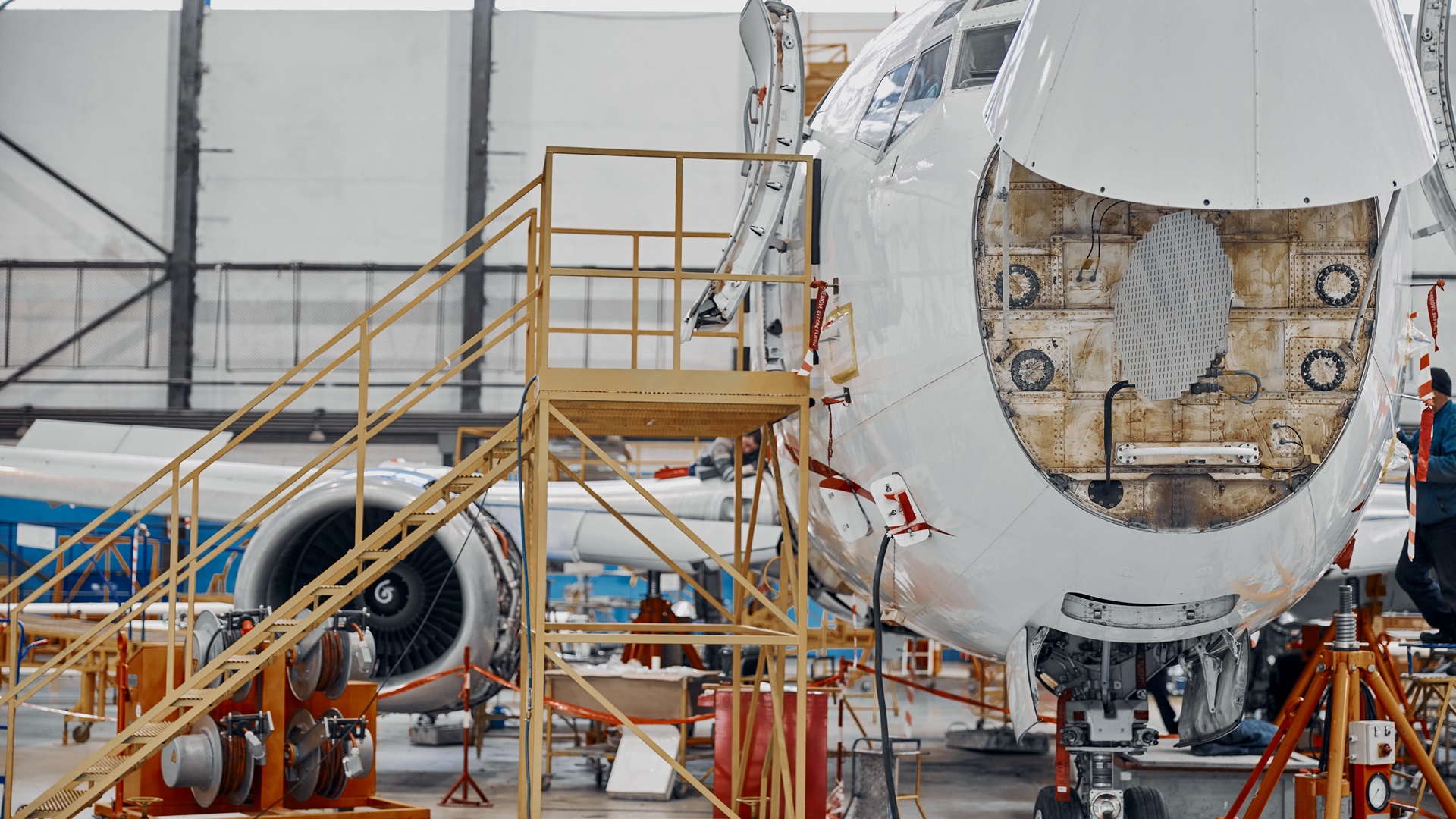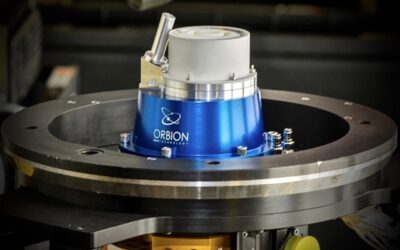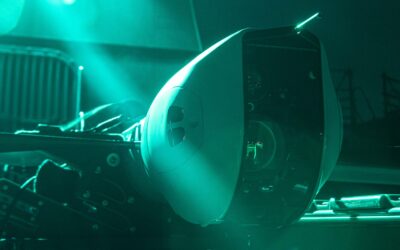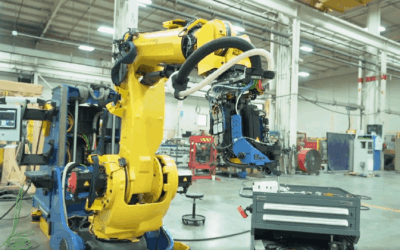In a sector classified as highly technologically intensive, quality in the aerospace industry is a critical factor, along with trust, as errors or failures in one of the aircraft components or services can have fatal results. Consequently, it is essential to have an efficient quality management system to reduce risks and provide reliability, which applies to the design, production, integration, installation, testing, services, maintenance, and repair of products used in aerospace construction.
What is the AS 9100 standard?
The AS 9100 standard, a globally recognized industry quality management system, was developed by the Society of Automotive Engineers (SAE) and the European Association of Aerospace Industries in 1999, and updated in partnership with the ISO Organization and the International Aerospace Quality Group (IAQG ).
In addition to the IAQG, the European Aviation Safety Agency (EASA), the Federal Aviation Authority (FAA) and the European Space Agency (ESA) also establish requirements for the civil aerospace industry taken into account in the AS 9100 standard.
Thus, all interested parties are aligned on product safety requirements, quality policy, organizational objectives, ethical behavior and duties of each person involved in the processes for component or service compliance, ensuring quality in the aerospace industry.
The document standardizes as much of the requirements of the quality management system in the aerospace industry as possible, and can be used at all levels of the supply chain. The adoption of the AS 9100 standard should result in an improvement in quality with a wider application of good practices.
Read the article in full here.
TÜV Rheinland stands for safety and quality in virtually all areas of business and life. Founded more than 150 years ago, the company is one of the world’s leading testing service providers with more than 20,870 employees and annual revenues of around 2.3 billion euros. TÜV Rheinland’s highly qualified experts test technical systems and products around the world, support innovations in technology and business, train people in numerous professions and certify management systems according to international standards. In doing so, the independent experts generate trust in products as well as processes across global value-adding chains and the flow of commodities. Since 2006, TÜV Rheinland has been a member of the United Nations Global Compact to promote sustainability and combat corruption.




